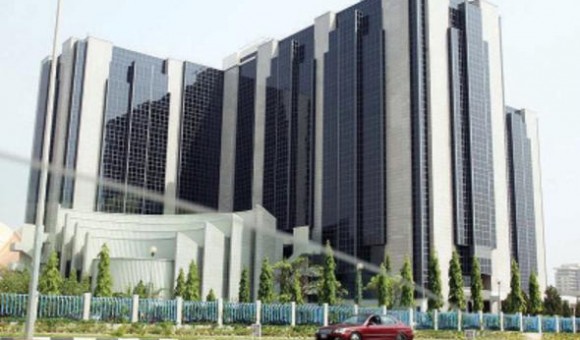Business
‘Are You Owing’? Central Bank Of Nigeria To Publish List Of Bank Debtors

by Chris Nomjov
The Central Bank of Nigeria (CBN) and deposit money banks (DMBs) in the country yesterday disclosed plans to publish the names of new bank debtors.
In addition, the central bank said it might be compelled to stop such loan defaulters from accessing FOREIGN EXCHANGE through the interbank FOREIGN EXCHANGE market.
It was disclosed that this decision was borne out if the need to forestall another build up of non-performing loans in the banking industry and to reduce spending on Naira.
The Director, Banking Supervision, CBN, Mrs. Tokunbo Martins, who disclosed this while briefing journalists at the end of the 321st Bankers’ Committee meeting in Lagos, said the names of those she described as “chronic debtors” would be published alongside the companies they represent, their directors, subsidiaries and other associates.
Martins who declined to give a specific date or period when the names would be published as well as the total amount owed by the debtors, said banks are currently compiling the names.
She said that the decision was aimed at preventing another banking crisis.
The central bank director explained: “The CBN has managed to keep the banking industry safe and sound in collaboration with all members of the Bankers’ Committee.
“But some data shows that it is increasingly becoming difficult for some debtors to pay up their loans. So it was decided that going forward, one thing that we may do is to stop them from getting access to foreign exchange.
“Another thing that we also considered going forward is to publish the names of the borrowers that refuse to pay up. This is to ensure the continuous safety and soundness of the banking industry.
“It is not all debtors, it is the bad and chronic debtors, those ones that have deliberately refused to pay, those are the ones we are talking about.”
Martins, who put the current banking industry’s NPLs at 3.3 per cent, maintained that the central bank wants to ensure that the figure does not exceed the five per cent limit.
“Total loans in the industry are in the region of N13 trillion. Right now, we have not reached the upper limit of five per cent on NPLs, but we don’t want to get there. That was why we decided that we need to come out with this measure.
“It is not only the names of the bad debtors, the directors, the subsidiaries and every member of the board that would have their names published,” she added.
Responding to a question on what would happen if a debtor or his firm decides to source FOR FOREX from other market sources, the central bank director said: “There is no way we can stop the bank debtors from purchasing forex at the parallel market, but that will come to them at a cost because it is more expensive there. What we are more concerned with is the official market.
“You recall how much was spent by the Asset Management Corporation of Nigeria (AMCON) to clear up toxic loans and so we just want to make sure we are proactive and that we don’t go back to a situation like that.
“There was a time we had NPLs at 2.5 per cent and 3 per cent, 3.3 per cent and so it is important that we take action now and not wait till it is too late.”
Also speaking at the media briefing, the Managing Director/Chief Executive Officer, Union Bank of Nigeria Plc, Mr. Emeka Emuwa revealed plans by banks to reduce the limit on the usage of naira debit cards abroad.
Emuwa said the committee took the decision because of some cases of card abuse abroad, which he stressed was also a threat to EXCHANGE RATE stability.
The limit currently is $150,000 per annum, but this would come down to a more practical level, he said, adding: “Whether you are using your card domestically or internationally, will not be affected.”
The Union Bank boss explained: “We did find that in a number of cases people were using the cards in a manner that they were not expected to use them and there have been cases of arbitrage. So in order to sustain stability, what was agreed by the committee was that the limit for the use of the naira debit cards would be reduced.
“As a customer, if you have a dollar account, you will still have unfettered access to it, but for naira debit accounts, the limit would be reduced to a more judicious level.
“This specifically refers to the use of these cards abroad because when they are used abroad, the merchants have to be settled.
“Even if it is at ATMs, the service provider, Visa or MasterCard, has to be settled in foreign currency and we find that it is a drain on the foreign resources available to FINANCE our industries.
“So there is going to be a reduction in the annual allowable draw down using naira debit cards abroad.”






